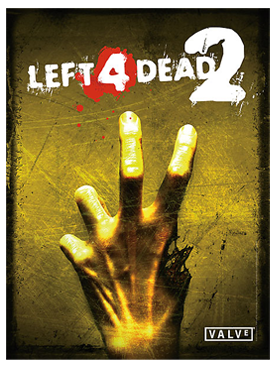
Will Windows 8 make Linux the new gaming OS?
Windows 8 gets grief from all angles, including from the gaming industry. Valve’s boss Gabe Newell recently called the forthcoming OS "a catastrophe for everyone in the PC space", and Blizzard's Executive vice president of Game Design, Rob Pardo, tweets that Windows 8 "was not awesome for Blizzard either".
There are a couple of reasons why Gabe Newell, who worked at Microsoft for 13 years before leaving to form Valve, doesn’t like the new operating system. The awkwardness of running games through the interface formerly known as Metro is the most obvious issue, but the integrated Windows Store, which will directly compete with Valve’s distribution service Steam, is a much bigger concern for the company.

I need a 15-inch tablet to replace my laptop
Some people don’t like tablets, while others defend them. I’ve often wondered why people seem so crazy about them, but that is mostly because what I do requires me to run Windows, and Windows-based tablets (aka slates in the Microsoft Store) are neither popular nor cheap, especially with the hardware configuration that I need.
I say need, not want, because it is mission-critical that I finish the task at hand in a decent amount of time, and to do that requires powerful hardware. But there’s another reason as well, and it involves the size of the display. In one of my previous articles, I wrote that real work can’t be done on a tablet and I gave five reasons as to why it’s (still) true. Today, I’d like to add the sixth reason to that list: Most tablet displays are too small.

If it rains, is your data safe in the cloud?
This is a followup to my recent column about Steve Wozniak’s warning on the perils of cloud computing, especially cloud storage. It might surprise many users to know there are firms that sell cloud storage and do not back it up. They rely on the disk RAID and some redundancy in the cloud to “protect” your data. If something happens to their datacenter, they could probably not recover your data.
Remember MailandNews.com? They did not have a viable business model. They also didn’t back up their servers. One day they had a big crash and relied on the RAID array to recover the data. It took two weeks and still not all of the data was recovered.

Windows 8 will be Microsoft's new cash cow
Many Windows users question why Microsoft seems so fixated on Windows 8's Start screen and prevents them from bypassing it on start. Why not add a switch to the operating system, for instance, in form of a Group Policy or Registry key that determines whether the user wants to boot into the Start screen or the desktop?
To understand Microsoft's reasons, you have to look elsewhere. Valve Software released the Team Fortress 2 for about $20 as a standalone game as part of the company's Orange Box. Valve later added an in-game store in which users could, but did not have to, purchase items. The store turned out to be so successful that the company turned Team Fortress into a free-play game, which increased store earnings to four times the revenue that Valve made initially from selling the game. This changed Valve's business model fundamentally, and upcoming games like Dota 2 will start out as free-to-play right away to repeat the success story.

What does Apple REALLY want from Samsung?
Answer: One-hundred percent of all profits gained from Sammy's smartphones and injunction barring sales of future models. Is that clear enough for you? Because it might not be from the stilted news stories about the Apple-Samsung trial under way here in California. Apple feels entitled to everything. That's how highly the company's top-brass thinks about their intellectual property and how little they do about Samsung's.
Instead of reading about how much Apple demands, blogs and news reports focus on the puny 2.4 percent per phone Samsung asks Apple for so-called essential patents or the extent of copying as told by the fruit-logo company. The story you read everyday about the Apple-Samsung trial is a good yarn, but there's enough urban legend to warrant a Snopes.com entry.
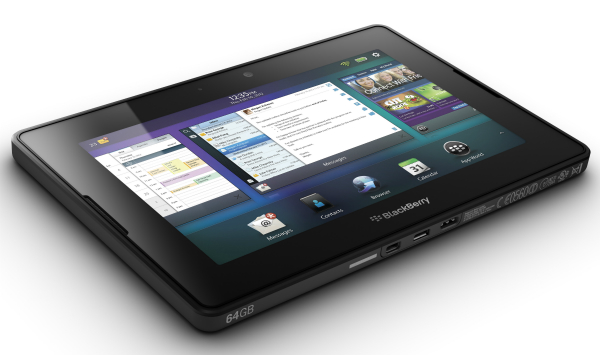
4G LTE BlackBerry PlayBook makes iOS and Android devices feel about as sophisticated as my daughter’s old 'Speak & Spell'
I love underdogs. Whether it’s David vs. Goliath, Rocky vs. Apollo Creed or Microsoft (circa 1992) vs. IBM, I enjoy rooting for the plucky upstart. Which is why I find the resurgence of interest surrounding Research in Motion's beleaguered PlayBook tablet all the more satisfying: Here is a product that stumbled out of the gate and was left for dead, only to slowly crawl its way back into the ring of respectability through a combination of raw talent and sheer force of will.
Make no mistake: The PlayBook was an impressive device when it first shipped in April, 2011. Bristling with class-leading technology, RIM’s first foray into the tablet market should have been an instant hit. However, the software half of RIM’s winning formula still wasn’t fully baked, with some glaring omissions (email, calendar) and few third party apps to speak of. And, in a truly ironic twist, many early critics actually panned the device for its smallish 7-inch form factor.

Mars Rover Curiosity camera isn't as good as your cell phone's
NASA's Curiosity rover landed on the surface of Mars on Sunday night, and almost immediately began transferring back to Earth the first images of the Martian surface. But for its reported $2.5 billion price tag, the images have a little less clarity than you might expect.
Curiosity's cameras have a maximum resolution of two megapixels. For perspective's sake, modern smartphones typically are 8MP or more. The result will be images that are sharper than those of Martian rovers past, yet lack the clarity that would be expected of a modern research craft.

If the manufacturers can't do it, modders can: Jelly Bean for your smartphone
Android smartphones aren’t known for timely updates, even if they bear the Nexus name, but when the very first Android smartphone gets Jelly Bean, you know something interesting is happening.
Thanks to Android modder jcarrz1 from XDA forums, even the 3 year old HTC Dream (or T-Mobile G1 as it’s known in the United States) can now get Android 4.1 Jelly Bean. The modding community is bringing Jelly Bean to older devices faster than HTC can offer it on their own flagship smartphones available now. But it’s not just the three-year old devices, as the Samsung Galaxy S III and HTC One X also receive a dose of Jelly Bean, before manufacturers release the updates.
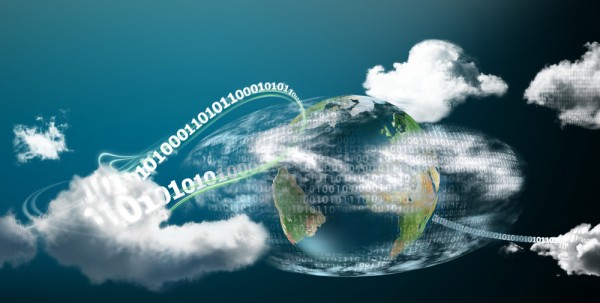
Steve Wozniak is right -- users are going to eventually be burned if they rely solely on cloud backup
Apple co-founder Steve Wozniak this week warned of the perils of depending too much on cloud storage and the general press reacted like this was: A) news, and; B) evidence of some inherent failure in cloud architecture. In fact it is not news (Woz never claimed it was) and mainly represents something we used to call “common sense”.
However secure you think your cloud storage is, why solely rely on it when keeping an extra backup can cost from very little to nothing at all?
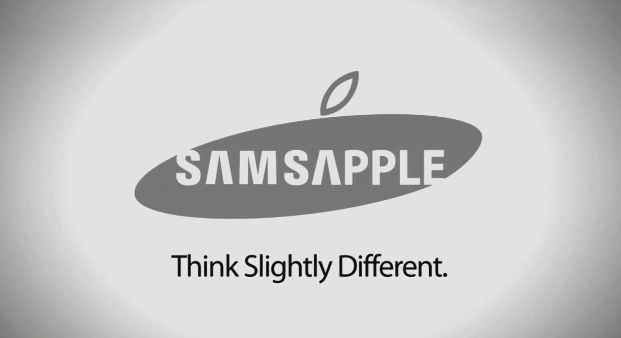
10 interesting things we’ve learned from the Apple vs. Samsung trial (so far)
We’re only into the second week of the "patent trial of the century" but we’ve already been granted an unprecedented peek behind the curtain into the notoriously secretive world of Apple Inc. Here, in no particular order, are ten of the most fascinating reveals from the trial to date.
Steve Jobs was open to the idea of a seven inch iPad
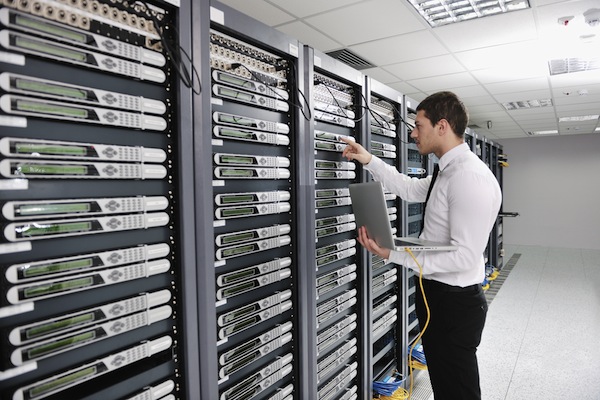
A look at Windows Server 2012 and its toolset
Hyper-V, Microsoft’s answer to VMware, a virtual machine system has been around since Server 2008. And earlier versions of Microsoft virtual machines have been around since Server 2003, so the software is not new. But Microsoft’s latest version which comes out with Windows 8 as Server 2012 will introduce new features to Microsoft's server operating system.
Microsoft came into the virtual machine system market late, and VMware has been the dominant company running the software for about 10 years. But Microsoft is making tremendous strides in trying to catch up. So when Server 2008 was released, you could set up various virtual machines in the system and run different programs simultaneously, never affecting the host computer. A virtual machine is software that mimics an operating system, thereby allowing a “computer” to run inside a computer. So you can have Vista running in an XP system, and neither operating system will interfere with the other.
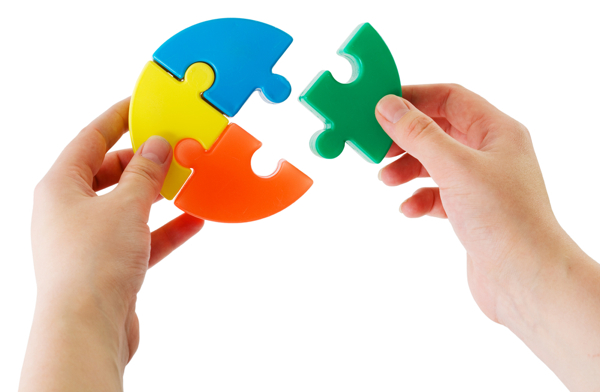
SharePoint 'Apps' - a missed opportunity?
Almost everyone who uses a computer or mobile device these days is familiar with apps and app stores. Back in the day, computers used to have "programs," and it was even once seen as fairly progressive to venture out onto the web and download something for yourself. No longer is this the case. Users are happy using app stores, and such mechanisms are almost expected on any new platform.
Microsoft was fairly slow to the app game. It never really had a successful phone platform with which to experiment in the way Apple did. Steps have now been taken in Redmond though, and the Windows 8 app store is expected to play a big role in the day to day use of the new operating system. SharePoint 2013, recently previewed by Microsoft and currently in the hands of excited enterprise testers the world over, now also has its own app store. However I can’t help but think, in its current guise, it is a missed opportunity.
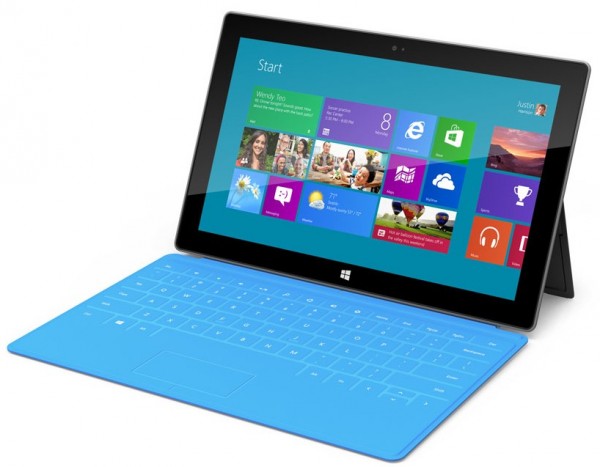
Microsoft makes its own hardware and software rules, and that’s a good thing
Acer CEO JT Wang has been quoted as saying Microsoft's Surface could have a negative impact on the Windows ecosystem, frustrate OEMs, and potentially have far-flung negative consequences. Why is there a problem when Microsoft wants to set a standard in both hardware and software? Windows Phone, Surface, and Signature represent a generational shift in Microsoft’s thinking related to operating systems, hardware, and the intended software experience. This is the Microsoft that should surface (no pun intended) from every interaction with one of their products, and who’s to say that’s not a good thing?
When Microsoft announced Surface, I immediately saw great potential for people like me who need advanced software to perform real tasks that require an intensive use of resources. But at the same time, Microsoft Surface gave a glimpse of what’s to come: Microsoft can actually make hardware to its own specifications and design. It is an approach that has been slowly coming to the front with Microsoft which began three years ago, before the debut of the first Windows Phone. Working closely with HTC, Microsoft could make sure the hardware performed in such a way that its software looked better.
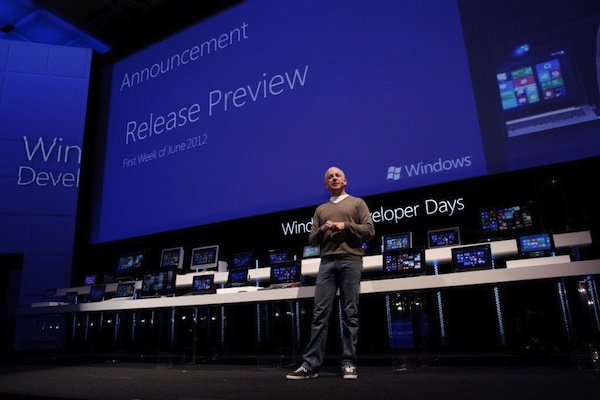
If you don't like the direction Microsoft is taking Windows 8, tough luck, Team Sinofsky knows they have you
Choice. It’s something that all free people crave. We want the right to choose, whether it’s what we eat, where we live or how we arrange our furniture. Generally speaking, we don’t like being told what to do. Nor do we like it when some impersonal agency imposes its will upon our freedoms.
Case in point: Microsoft’s decision to force users to boot to the Windows 8 Start Screen. Instead of giving us the option (choice) of going directly to the desktop, Microsoft divisional president Steven Sinofsky and friends are saying it’s “their way or the highway”. Any attempts to deviate from their approved usage model will not be tolerated, and if you try to code around us, we’ll shut you down. Period.

What Google could do with their $43 Billion in the bank
According to Google's recent earnings report, the Mountain View search company has $43 billion in cash reserves. I'm no business expert, but that number seems unreasonably high and I think Google should use some of that money. Some have said that Google has run out of ideas, so to alleviate the situation here are a few ideas:
Sprint Nextel Corporation, Cost: $13 Billion
Sprint isn't the smallest of the four main carriers in the U.S. but it would still be a great way for Google to get its foot in the door. Just imagine what Google could do with a carrier, Android phones could be subsidized into oblivion, phones would at last be updated, no more bloatware, full Google Voice integration, and if Google really wanted to do no evil then every phone they sold would be unlocked. There is also this to consider, Sprint carries the iPhone, so Google and Apple would be in an interesting situation, but Google could play this to their advantage, as they say “know thine enemy.”
